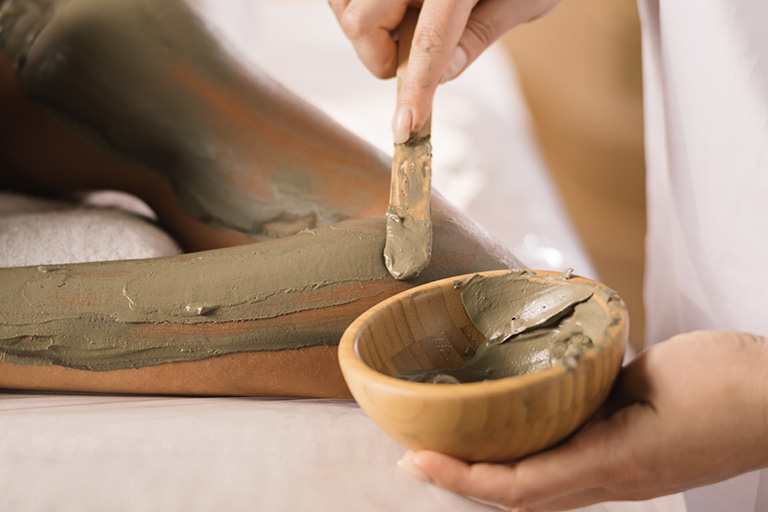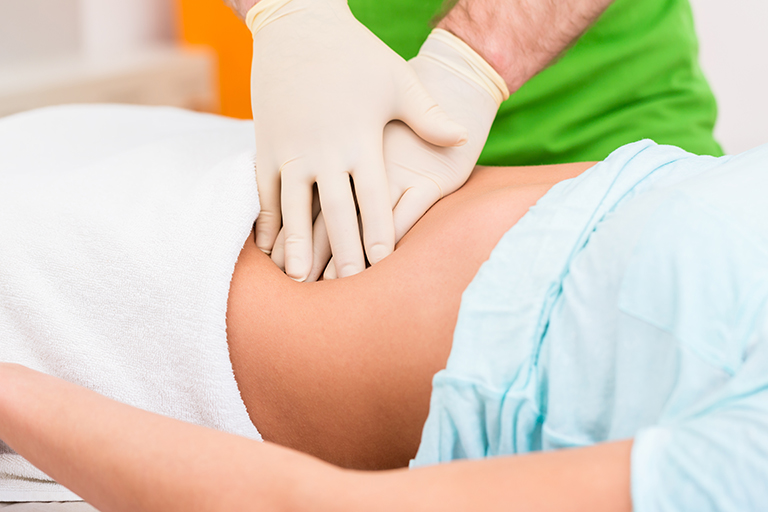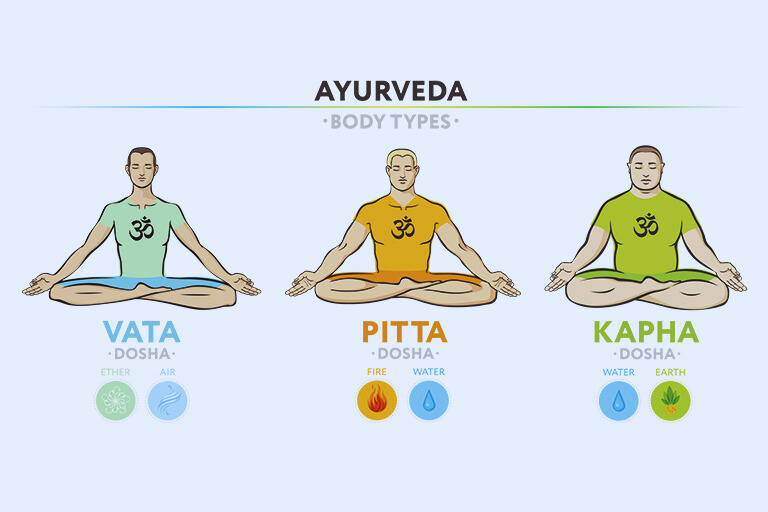With the increase in pollution, our bodies are exposed to several toxins every day. There are five primary sources from which we regularly intake these toxins: food, water, personal care items, the environment, and negative thinking. While our bodies are highly capable of removing these harmful toxins, some toxins continue to accumulate and may become lodged in our organs.
Detoxing the body helps boost your immune system, allowing you to concentrate and sleep better. This deep cleansing and detoxification can be achieved through Vamana therapy. In this treatment, multiple procedures are carried out to encourage the patient to vomit, leading to the cleansing of the body.
There are five therapies associated with Panchakarma in Ayurveda, and out of these five, Vamana therapy deals with therapeutic vomiting to remove the imbalance of Kapha Dosha. Let’s dive in and learn in detail about Vamana Therapy.
A] The Role Of Vamana Therapy In Panchakarma
Panchakarma which means “five actions” in Sanskrit, is an ancient Ayurvedic system of healing and detoxification. This Ayurvedic Panchakarma Therapy is focused on restoring and maintaining health by cleansing the body from accumulated toxins and balancing the 3 doshas- Vata, Pitta, and Kapha. Vamana therapy is among one of the five main procedures that specifically focus on removing excess Kapha dosha from the body.
According to Ayurveda, each season has a unique effect on our doshas. The Kapha is influenced by the spring season also called Hemant, the Pitta is influenced by winters also known as Sharad, and Vata is influenced by the Summer season also called Greeshma. Vamana therapy induces controlled vomiting to balance excess Kapha dosha. Kapha dosha is made up of Earth and Water elements and is responsible for stability, structure, and lubrication within us. When it becomes excessive, it can lead to health issues like respiratory problems, allergies, obesity, and sluggishness.
Vamana therapy effectively removes toxins from the body and also contributes to weight management by addressing the root cause of obesity, which often involves an imbalance in Kapha dosha. Furthermore, it enhances digestion and metabolism by clearing the digestive tract of excess Kapha, allowing for better nutrient absorption.
B] The Procedure Of Vamana Therapy
1. Before The Procedure
Before Vamana therapy, there is a Vamana Poorvakarma procedure which is basically a preparatory phase that involves dietary and lifestyle adjustments. For up to three days before the therapy, the patient may be given digestive medicine such as Trikatu Churna, Chitrakadi Vati, Hingwashtaka Churna, and so on. To prepare the body for the eradication of toxins, the patient is also instructed to fast for a specified time before the therapy.
In addition, the patient is given Kapha-stimulating foods such as yoghurt, sweets, and basmati rice the night before. This raises the Kapha Dosha in the body, making the elimination simpler during therapy. The preliminary phase also includes a few days of Snehana (Oleation therapy) as a pre-treatment technique.
2. During The Procedure
Vamana therapy usually begins early in the morning under the guidance of a trained therapist. The Vaman kriya starts with the patient consuming milk, ensuring they have had a good night’s sleep and proper digestion of their last meal. A warm bath is recommended, and they can choose to have an empty stomach or a bit of ghee. After taking the prescribed medication, there is a 48-minute wait for the vomiting urge, characterised by chest tightness and salivation.
It is essential for the patient not to overexert themselves during this phase but rather to allow the natural urge to vomit to manifest. If vomiting does not occur easily, gentle throat stimulation with fingers or a soft tube is suggested, always taking care not to harm the throat. Vomiting continues until all excess Kapha Dosha is removed, and back massages may be performed to expedite the process.
3. Procedure Aftercare
Following Vamana karma, thoughtful post-treatment care plays a vital role in your healing journey. Take a few hours to rest, allowing your body to recover fully. The trained therapist will give you a personalised diet including warm, easily digestible foods like rice gruel, lentil soup, and steamed vegetables. You should avoid cold, heavy, and oily meals. Protect yourself from the cold, wind, and direct sunlight.
At Fazlani Nature’s Nest, our skilled therapists carry out the whole Vamana Therapy with safety and care, leading to profound health benefits.
C] Benefits of Vamana Therapy
Vamanam, a part of Ayurvedic tradition, has a lot to offer for your health and well-being. The therapy brings a multitude of benefits that go beyond just the physical. Here are a few:
- Restores overall health.
- Promotes long-term health.
- Slows down the ageing process.
- Boosts digestion and metabolism.
- Improves metabolism and detoxification.
- Alleviates gastric and respiratory problems.
- Strengthens the senses, mind, and intellect.
- Enhances strength, nutrition, and immunity.
- Supports fertility, virility, and sexual potency.
- Clears blocked channels, promoting better health.
- Increases energy, stamina, physical and mental health.
- Reduces stress, helps manage weight, and improves sleep quality.
- Lightens the body and brings wellness to the mind, body, and soul.
- Removes excess aggressive Kapha Dosha from the body, curing diseases.
Further Read: Panchakarma: Know Everything About the Benefits of this Ayurvedic Approach
D] Safety And Precaution
Vamana therapy in India, when done by trained Ayurvedic therapists at a wellness retreat, is generally safe. However, there can be side effects like weakness, fatigue, and dehydration. You can manage these side effects by resting, staying hydrated, and following a specific diet.
But not everyone should try Vamana therapy. If you’re in any of the below categories, it’s best to avoid it:
- Children
- Elderly people
- Pregnant women
- Weak individuals
- People with heart issues
- Emotionally unstable individuals
- Men dealing with prostate enlargement
- Individuals with certain medical conditions
Conclusion
Vamana therapy is basically an Ayurvedic detoxification procedure that involves eliminating toxins from the body. The therapy is targeted to eliminate increased Kapha Dosha from the body, which causes certain types of diseases. After the completion of therapy, you may feel several advantages. Such as your immune system getting stronger, keeping you healthier. Your mind and emotions become more balanced, leading to clearer thinking and better emotions. You’ll feel more energetic and sleep better, making you healthier and happier.
We at Fazlani Nature’s Nest, a wellness retreat in India offer a dosha-specific panchakarma therapy. So if you are looking for the services of an Expert Ayurvedic therapist for Vamana therapy, please do not hesitate to contact us. You can reach us via email at reservations@staging.fazlaninaturesnest.com or by directly calling us at 7700070070. We look forward to assisting you on your wellness journey.






